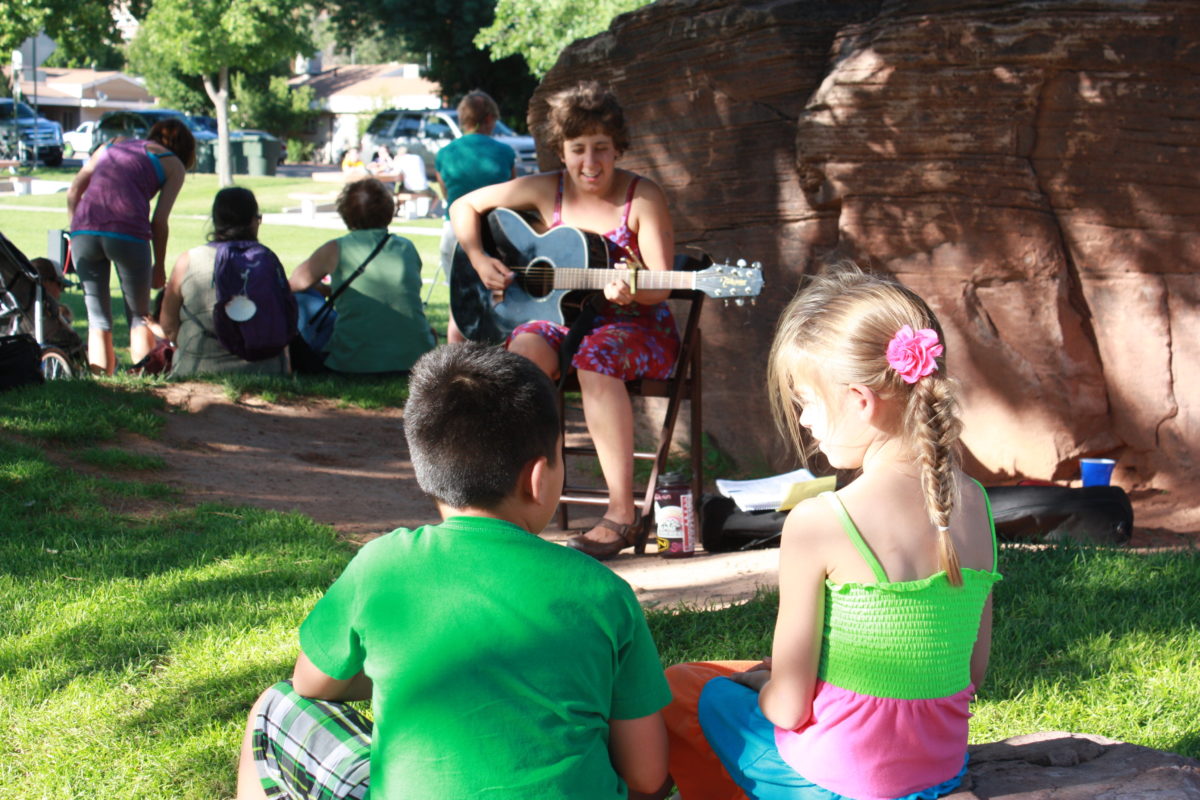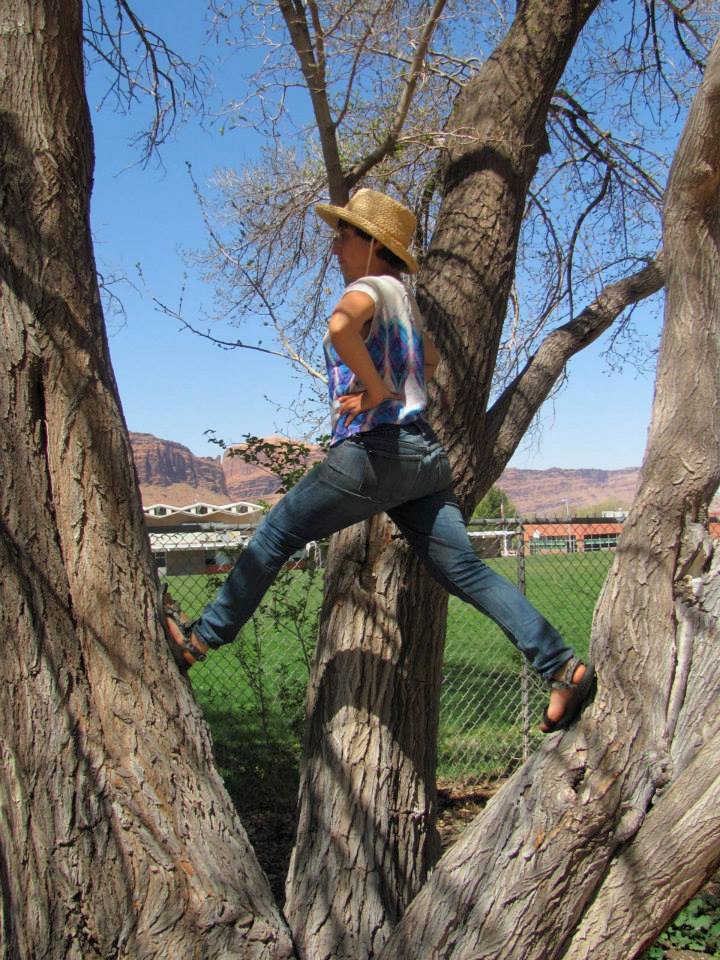Welcome to my blog! In September of 2015, I moved to Madison, Wisconsin to pursue a Masters in Agroecology. Between September 2016 and August 2017, I conducted a series of collaborative projects with Community GroundWorks, a non-profit organization in Madison. Read about my Agroecology Portfolio, or learn more about what brought me here by reading below.
“What is Agroecology?”
I get asked this question a lot, after I tell people that I am studying Agroecology at UW Madison. Often, I answer: “It’s exactly what you think it is.” I expect folks to think: “agriculture” and “ecology” – an approach to agriculture that is concerned with ecological health. Or, an approach to ecology that focus on agriculture.
Agroecology is an inclusive study of food systems – using all available wisdom to make sure food is grown and shared in an ecologically resilient way, and as equitably as possible.
What’s Happening with Food?
Why do we need a new name, a whole field, to fight for fair food? Because global food demand relies on healthy soil and clean water, yet agroecosystems are damaging ecosystems and depleting biodiversity.
UC Berkeley’s 2016 “Farm Bill Report” describes “cumulative and structural forces” that incentivize harmful agricultural policies and practices. One such force is corporate consolidation in agriculture. Corporations control an ever-increasing share of agricultural production and processing. Thus, farm incomes skew increasingly to the smaller set of larger, wealthier farms. The adaption of conservation practices seems a risky and unattractive prospect for all growers. But a stable agroecosystem nurtures the land, instead of working against it.
And an equitable agricultural system makes opportunities for success available to farmers across social and economic strata. Yet the Union of Concerned Scientists (UCS) affirms that midsized farms are too small to compete on this global market that favors much higher outputs and lower profit margins.
Even with bigger farms, people are deprived of access to food that nourishes their bodies and communities. Realities of food deprivation are justified by the idea that for some people to get the nourishment they deserve, others must go wanting. But a socially equitable agricultural system must make available food that is adequate to cultural and nutritional needs.
A. Freeman’s work in the Seattle Law Review offers a framework of “food oppression theory.” She illustrates food oppression by describing food systems that “physically debilitate members of marginalized and subordinated groups, creating and perpetuating racial and socioeconomic health disparities.”
You can read more about agriculture, ecological issues, and opportunities for sustainability in a paper on the Farm Bill I co-authored for my program.
Who is an Agroecologist?
In 2010, the United Nations prepared a special report entitled, “Agroecology and the Right to Food,” affirming that equitable food distribution ensures available, accessible, and adequate food:
- Available: In plentiful supply.
- Accessible: In reach geographically, and regardless of physical ability.
- Adequate: Meets cultural and nutritional needs.
The year before, A. Wezel shares that while scientific publications mention the term “Agroecology” as early as 1928, our generation’s Agroecology is a science, a practice, and a movement.
Though some Agroecologists work in academia, their work must follow the lead of people impacted by how food is grown and given out. People who are impacted by food systems include food workers, food consumers, and people whose air, land, and water are changed by agriculture or food access. From peasants in the global south fighting to protect access to their land, to fast food employees in the US striking for a living wage, to students demanding their cafeteria support farmers that contribute to local economy and ecology.
Agroecology names a way of researching food – one that includes wisdom from any academic discipline to build and maintain fair ways of growing and sharing food.
Agroecology also names a way of growing food – using methods that spend energy and resources as efficiently as possible, and that shape agroecosystems that feed people’s needs for bodily nourishment, social connection, and beautiful sights, sounds, and smells.
And, Agroecology names a way of seeing food – asking how food moves through society, who is deprived of a say over how they feed themselves.
What is Agroecology? It is a rallying cry for people who want food systems that feed people and planet.
What Brought me to Agroecology
I work in the world of garden education, food, and agriculture because of climate change.
In college, climate change flooded my consciousness. How, I wondered, could I possibly care for the world I had grown to love in spite of this vast threat?
I was desperate to “solve” climate change. But sustainability requires no one-time achievement.
Sustainability calls for systems that keep going – that cycle and cycle and have no finish line. Sustainable food production fuels our capability to grow food again. Sustainability keeps going – as revisitation, refiguring, and re-engagement.
Why Environmental Education
Sometimes, when I’m exhausted, I burst into a flurry of jumping jacks. I shout to confused friends and onlookers, “You have to expend energy to make energy!”
Work requires an input of labor. But sometimes that work will energize you back.
As I approached graduation, I struggled to find my role in the fight for sustainability. I found community agriculture, where food production stems from and responds to the needs of people.
Meanwhile, I searched for work that did not feel like work – work that did not drain me, but energized me for the long haul. I considered that I could bypass draining jobs if I spent my time and energy growing food, instead of seeking salary to buy food. And an internship at an urban farm inspired me to spend a few years as a garden educator. Here was work that did not feel like work – I got to play with kids, and be outside!
I love teaching children in a way that goes beyond imparting information.
An exciting or interested child wants to learn about what matters to them. Impactful lessons inspire excitement about the world and people around us. You never know what will catch a student’s eye, or breath. When children see that they can bring light and health to their families and friends, they want to learn how to do it.
Each child approaches learning as a whole person. When I teach, I encourage children to share their voices and move their bodies. With their whole self engaged, children can consider who they want to be and how they want to live.
From many individuals, educators can cultivate a group, a team, a sense of “us.” Garden education builds this sense of togetherness by showing children how they need and support each other, their families and their land.
I love environmental education, because I love teaching children in a way that goes beyond imparting information. An exciting or interested child wants to learn about what matters to them. Impactful lessons inspire excitement about the world and people around us. You never know what will catch a student’s eye, or breath. When children see that they can bring light and health to their families and friends, they want to learn how to do it.
Why Agroecology Program at UW
But after a few years of this bliss, I saw how little I still knew about growing food in a way that fed the land. I went to the Agroecology program at UW-Madison to study sustainable agriculture.
My goal was, and is, to strengthen food systems through building networks of information and support between food-producers, educators, and communities. In Agroecology, I made sure to study soil science, horticulture, agronomy. I had dealt with these fields as an environmental educator – but not as a student.




